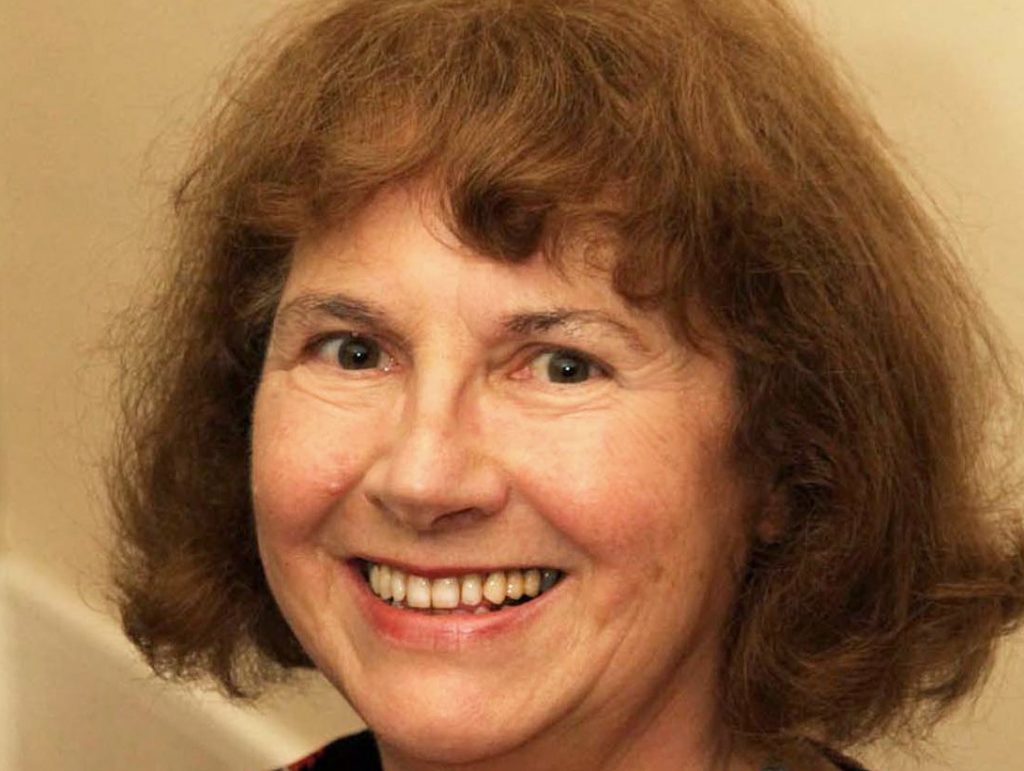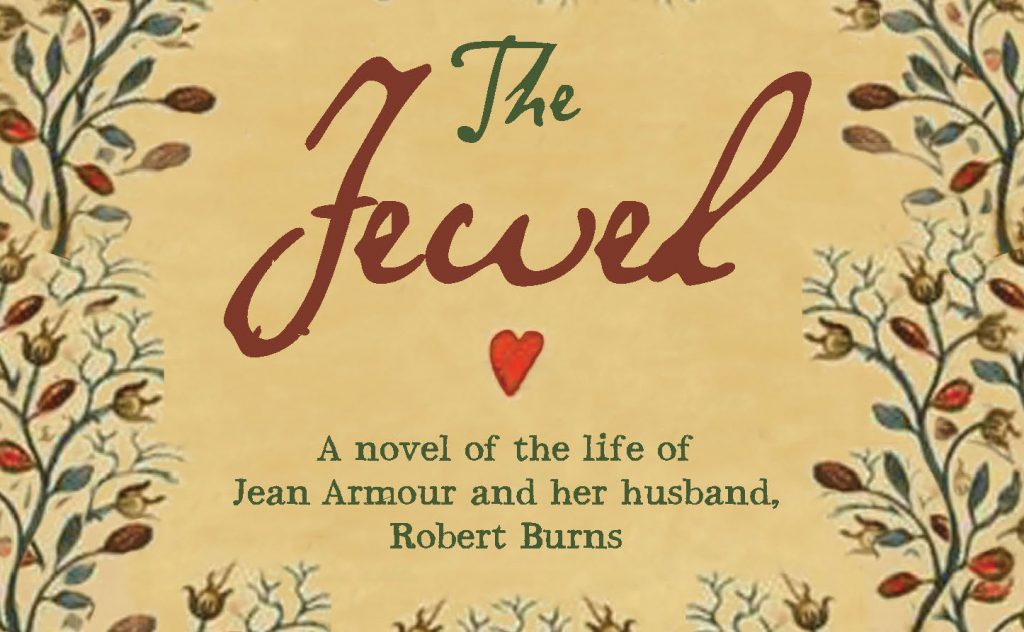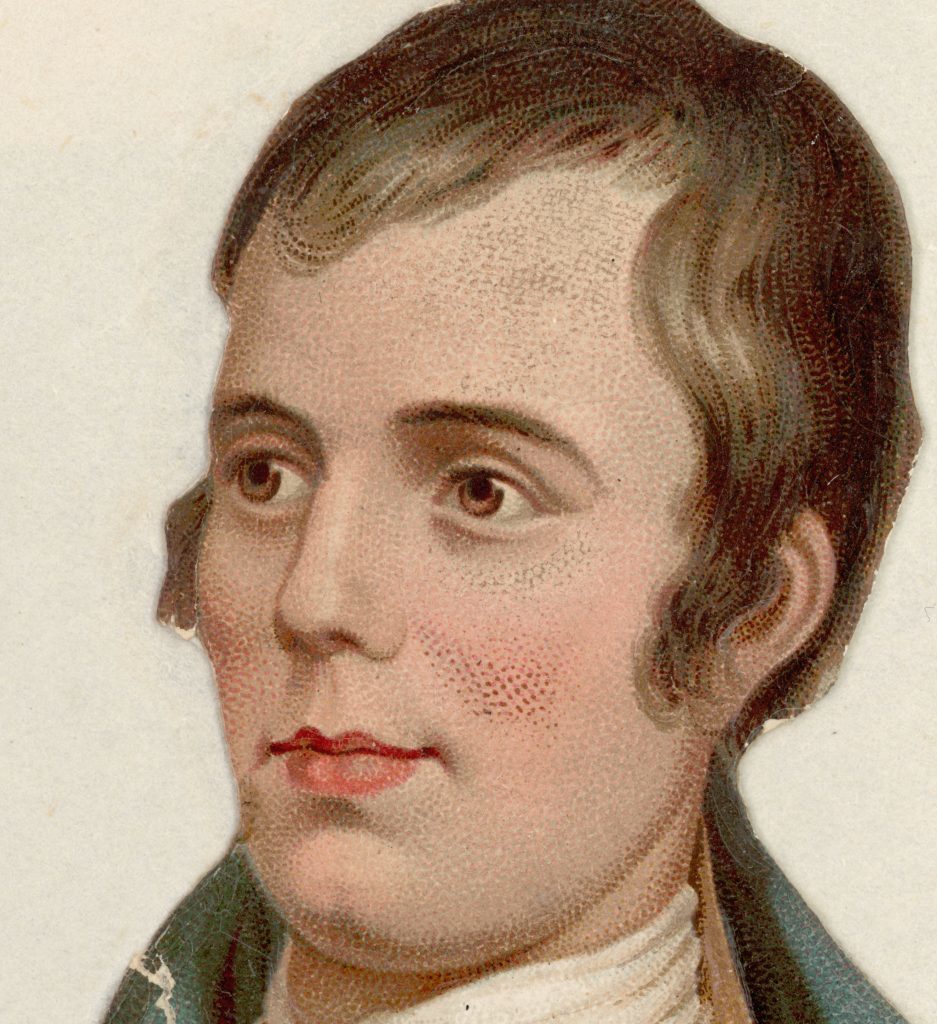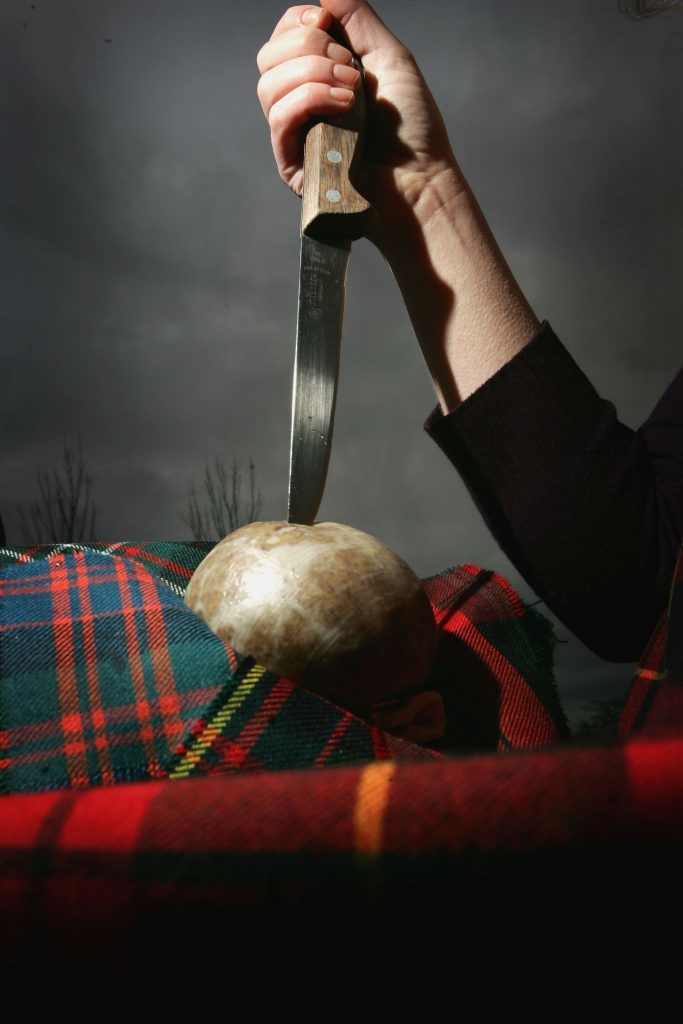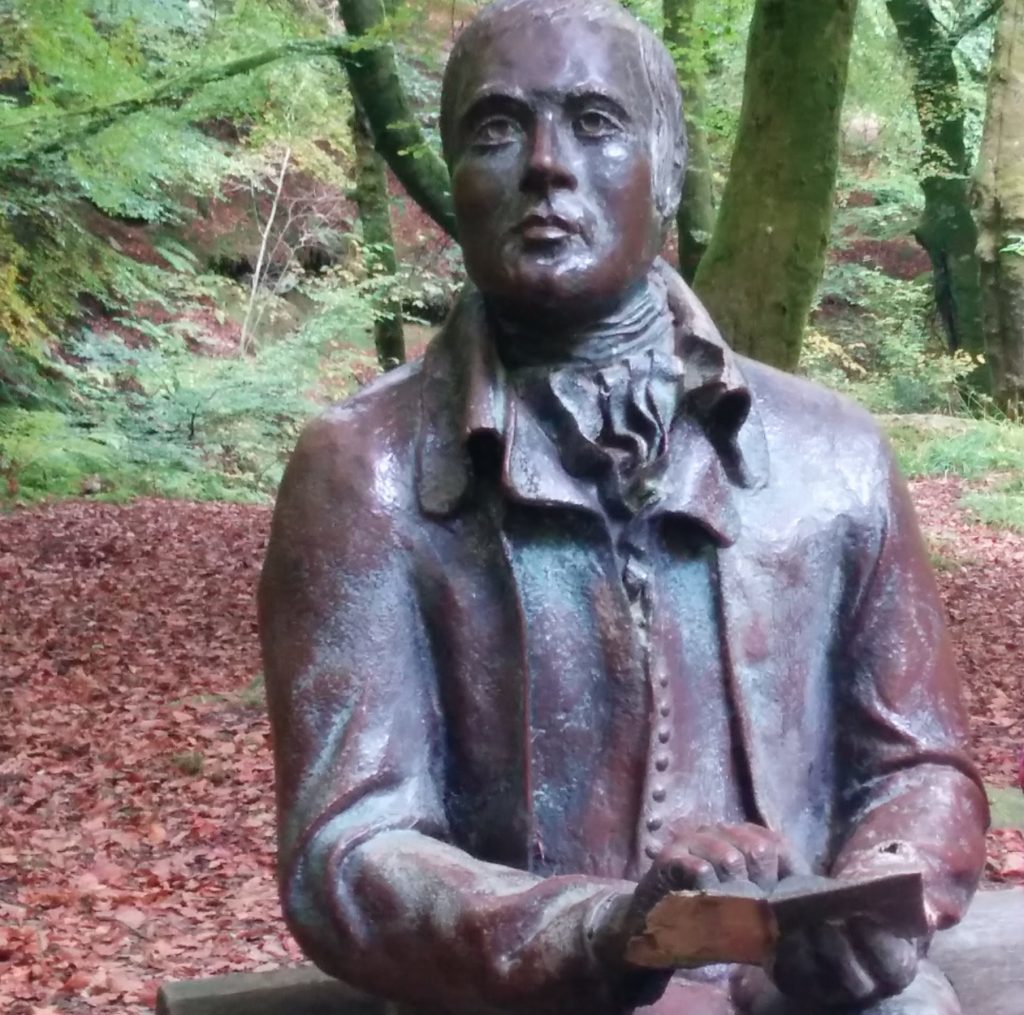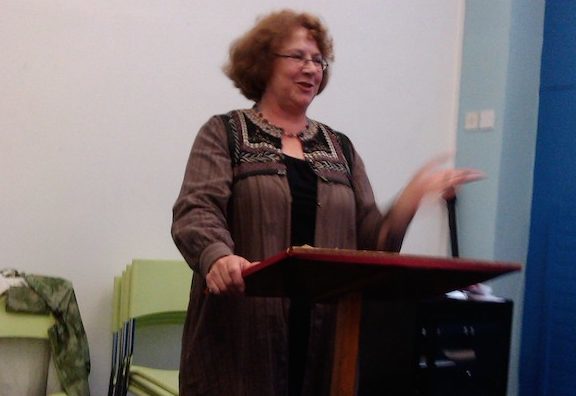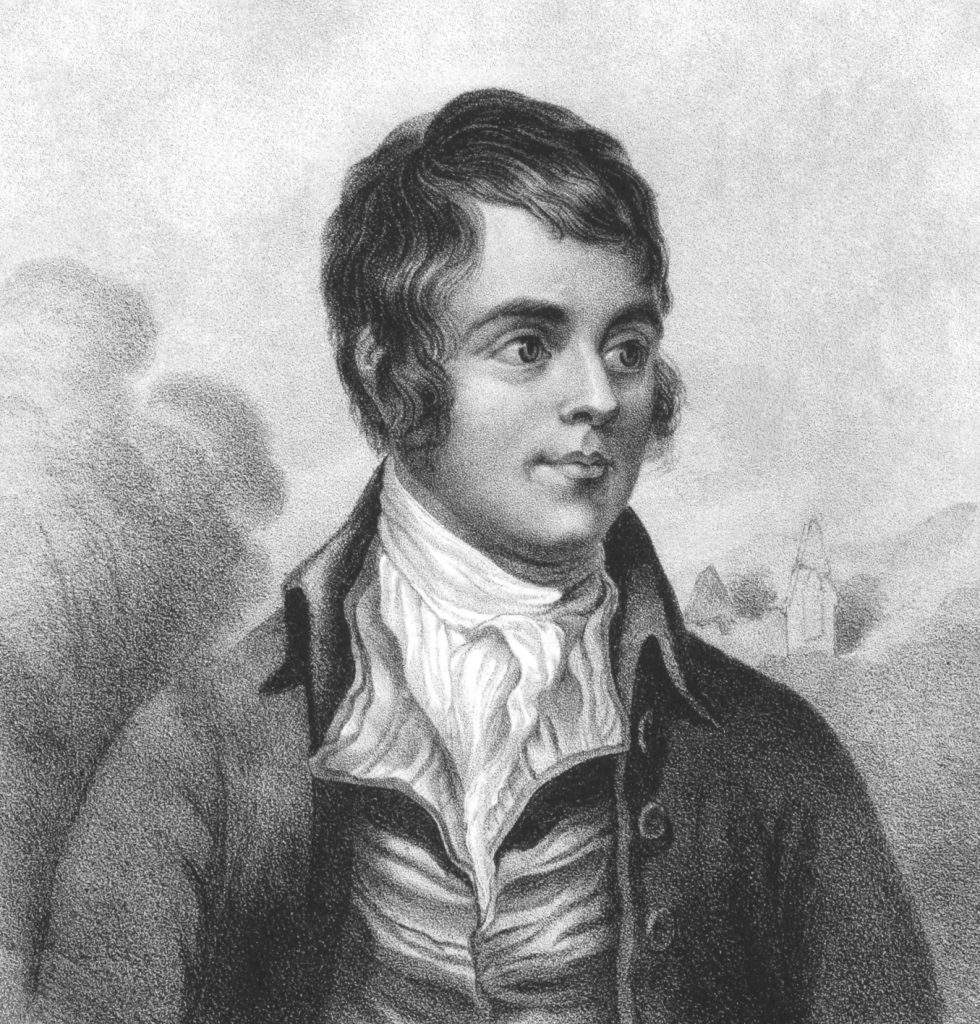History records the reputation of Robert Burns as a womaniser. But less is known about The Bard’s relationship with his wife Jean Armour – the subject of a forthcoming talk by award-winning novelist Catherine Czerkawska in Dundee. MICHAEL ALEXANDER reports.
It is Scotland’s greatest love story – yet the indomitable woman who inspired so many of Robert Burns’ poems has been inexplicably neglected by Burns biographers and historians.
That’s the view of multi-award winning novelist and playwright Catherine Czerkawska who is visiting Dundee on Thursday to discuss her new novel The Jewel.
The book brings to glorious life the dramatic years of Jean Armour and Robert Burns’s courtship, and their turbulent, passionate and ultimately tragic married life.
Despite being based in Burns’s home county of Ayrshire, Catherine is no stranger to Dundee or Fife.
Her eight novels include The Curiosity Cabinet, which was shortlisted for the Dundee International Book Prize and serialised on BBC radio in 2013.
Her son Charlie Czerkawski is also a video game designer in the city.
But as she prepares to give an ‘in conversation’ talk at the Verdant Works, the focus will be on the life and times of one of Ayrshire’s most famous sons – reflecting on Armour and Burns’ relationship which was marred by the death of six of their children and, of course, the early demise of Rab himself at the age of just 37.
“Jean Armour has all too often been ignored or underrated, not so much by Robert Burns himself as by later commentators and historians, “explains Catherine.
“Burns was lionised by the Edinburgh aristocracy after publication of his Poems, Chiefly in the Scottish Dialect in 1786, but he died only 10 years later, in 1796 – probably of acute endocarditis – at the tragically early age of 37.
“At least some of his surviving friends and early biographers seem to have believed that in marrying Jean, he had somehow married beneath him.
“It wasn’t true. Jean’s father, a prosperous stonemason, tried strenuously to prevent Jean from marrying Burns, then a tenant farmer, because he felt that Burns was not a good enough prospect for his daughter.”
Jean was raised in Mauchline, which was then a thriving town.
She was one of the ‘Mauchline Belles’ to which Burns referred in his poem ‘O leave novels, ye Mauchline Belles’.
Yet these young ladies were by no means simple country lassies. They were small-town girls with a certain sophistication.
Catherine says that Burns’ affairs with a number of mistresses – including, famously, ‘Highland Mary’ and Agnes ‘Nancy’ McLehose, both inspiring songs and poems – are much documented.
Yet his deepest feelings remained with his wife.
Catherine points out that when they were separated by Jean’s parents, Burns wrote to a friend, ‘Never man lov’d, or rather ador’d, a woman more than I did her, and to confess a truth between you and me, I do still love her to distraction after all.’
Subsequently he wrote repeatedly of his ‘foolish hankering fondness’ for Jean.
Catherine says the attraction between them seems to have been intensely physical.
But there was more to their marriage than this. It could be argued that Jean provided the poet with both the inspiration and the stability to write.
Catherine says: “Robert wrote some of his most affecting and amusing poems and songs from the female point of view: songs about love and loss, about suffering as well as happiness, about physical passion. He was a typical 18th-century man in terms of his faithlessness, but untypical in his ability to understand the female point of view, to befriend women as well as fall in love with them. He also, I think, knew how to make them laugh.”
Catherine says it’s clear that Burns considered Jean to be his muse.
But she suggests quietly courageous wives are seldom celebrated and proposes that the “happy ever after” wife narrative seems a bit boring to storytellers and even to some biographers.
They look for the tragic mistresses who were ruined or who died young.
Her book reveals that the story of their courtship and marriage is dramatic, turbulent and at times tragic.
But the largely contented domesticity of their relationship after marriage has perhaps led to Jean being written out of the poet’s life – or at least treated as immaterial.
Catherine adds: “Already many women have taken the trouble to say that they are glad that ‘Jean is getting her due at last.’ I’m left with the feeling that perhaps the greatest sin a woman – the wife of a famous man – can commit is to live on cheerfully and contentedly as Jean did.
“This may go some way towards explaining the relentless focus on Highland Mary and Clarinda at the expense of Jean, who survived her husband by many years, brought up his children and patiently coped with his posthumous ‘fans’ begging for souvenirs for years after.
“She had offers of marriage, all of which she refused. She seems to have been loved and respected by everyone who knew her. She was a strong, admirable woman. Burns clearly thought so too.”
- Catherine Czerkawska will be ‘in conversation’ with Peggy Hughes at Verdant Works, Dundee at 6.30 pm on Thursday September 15.
